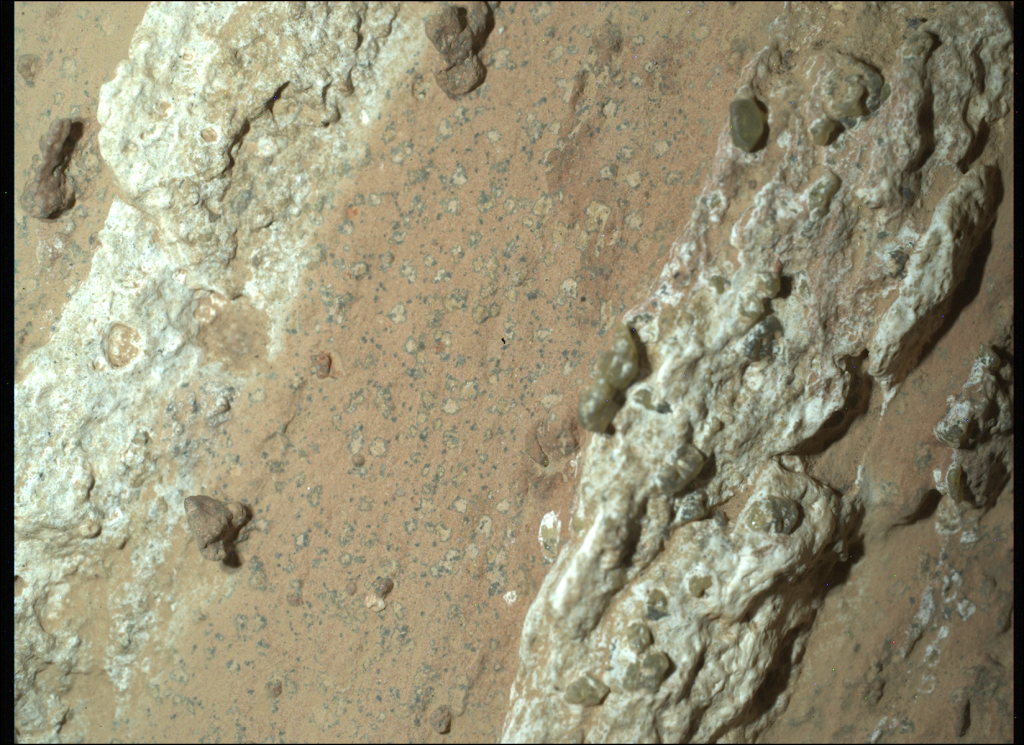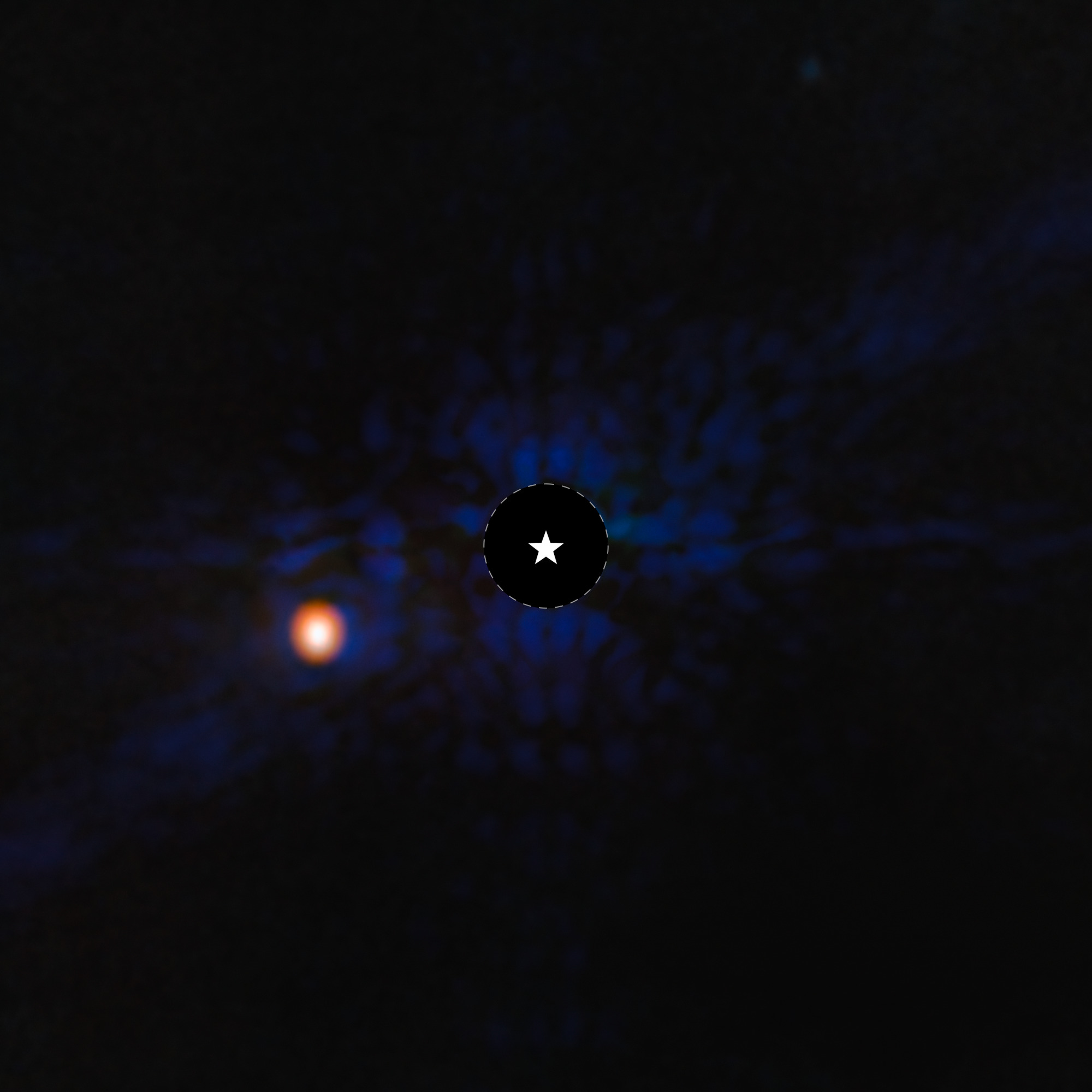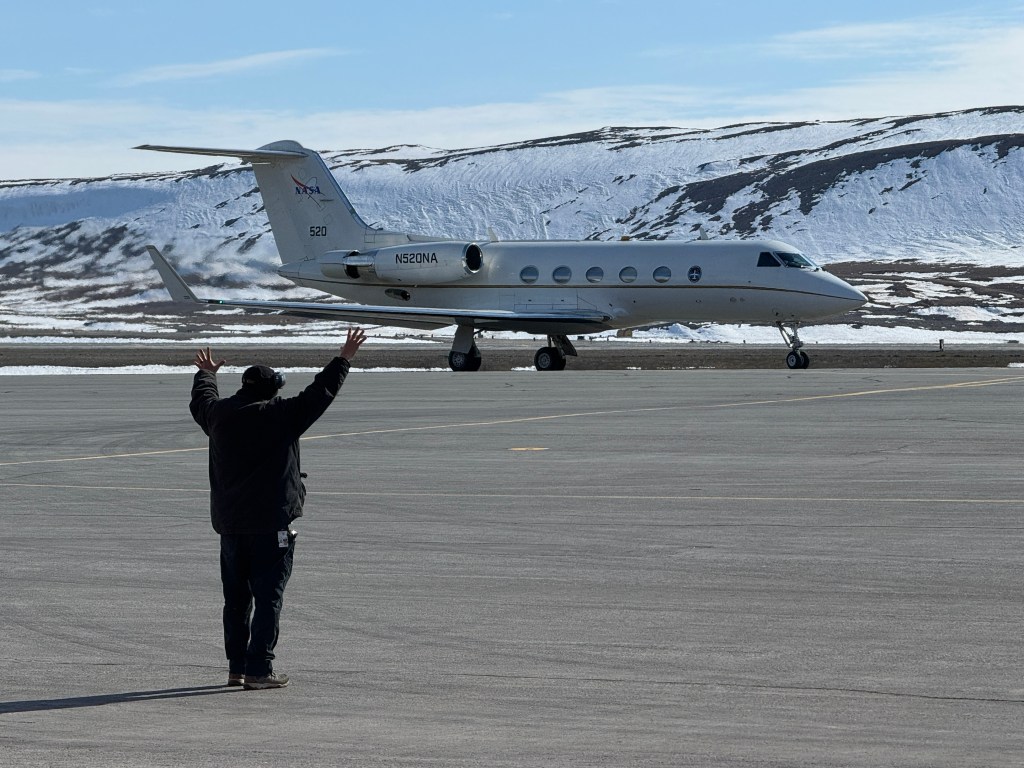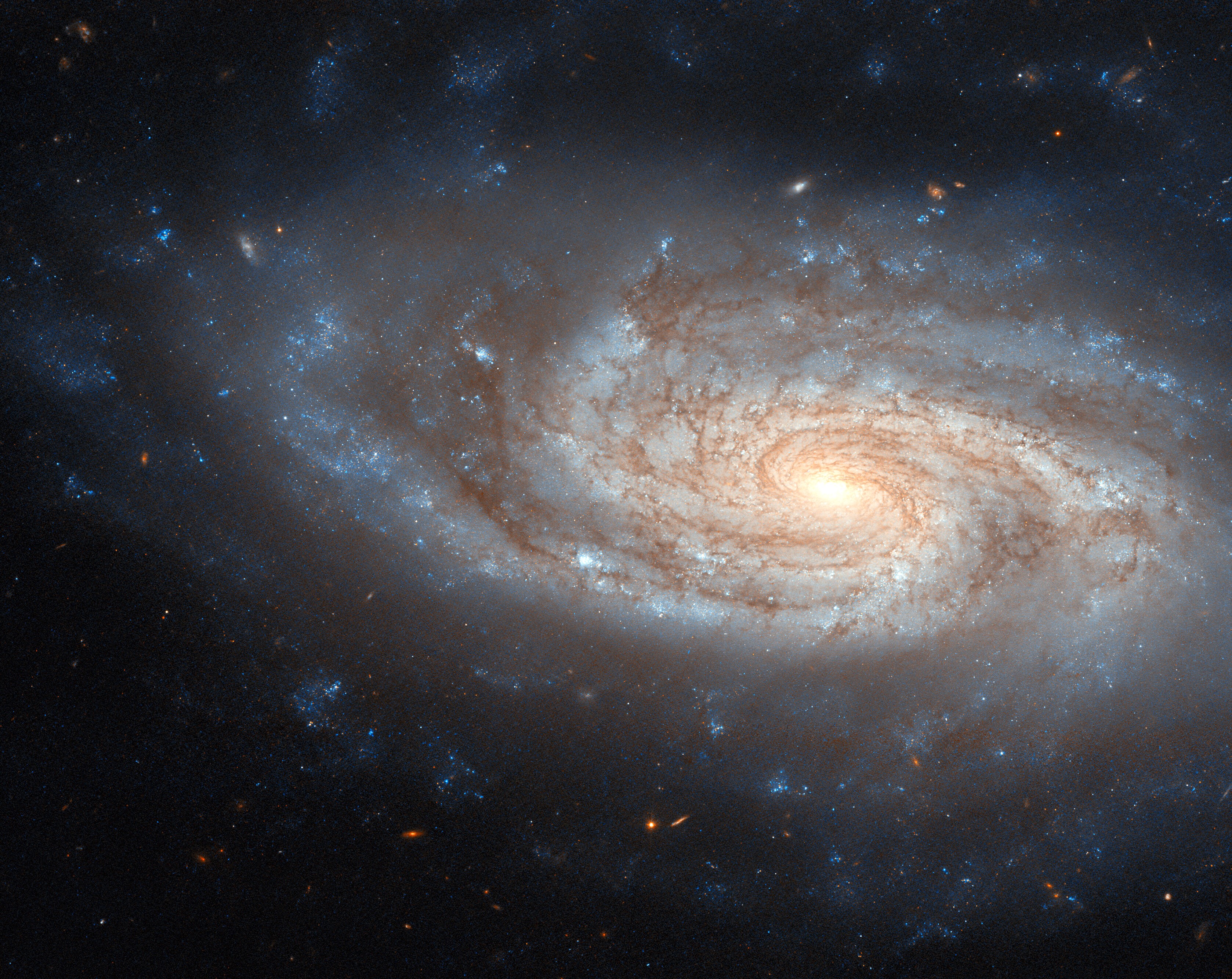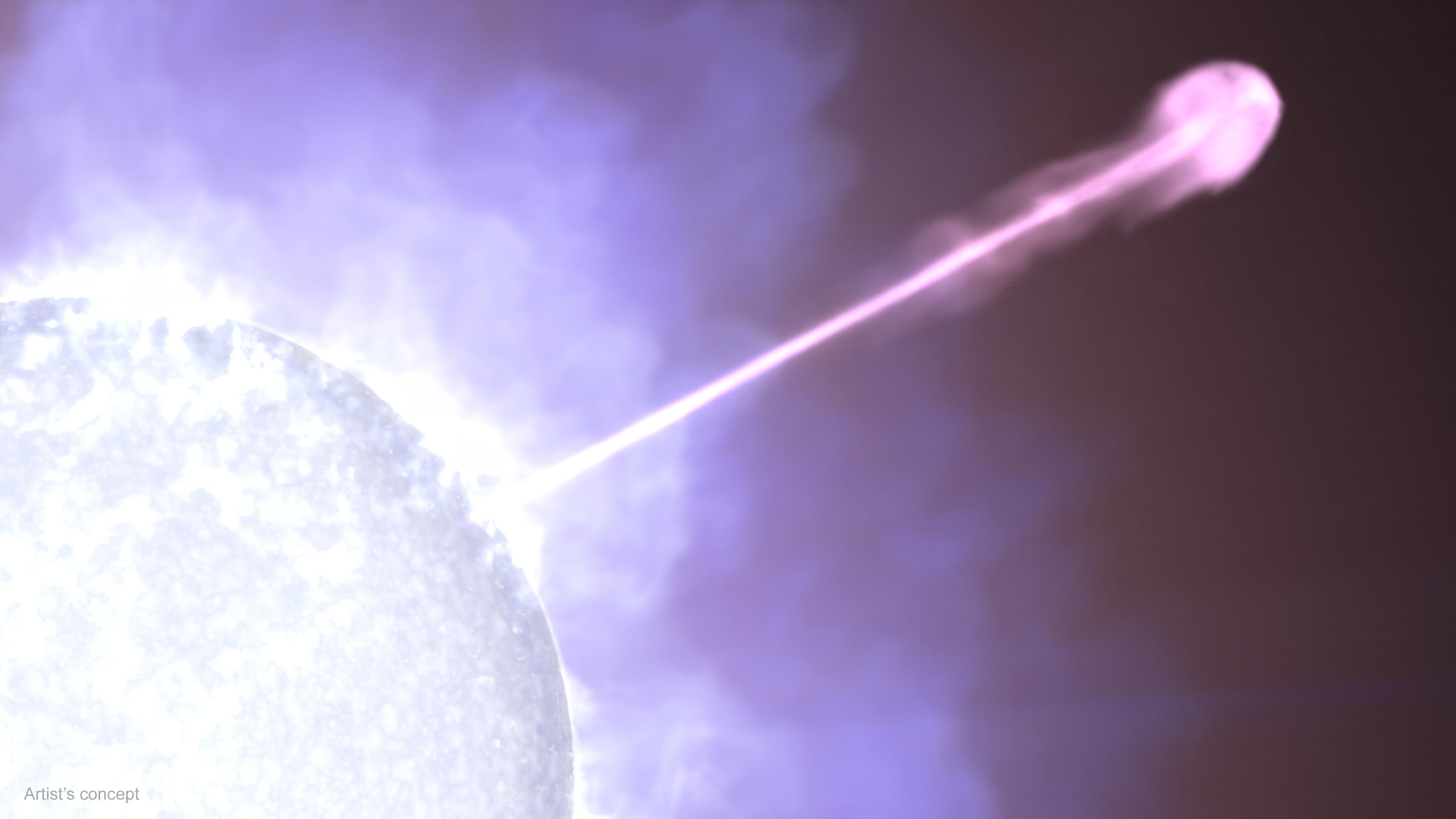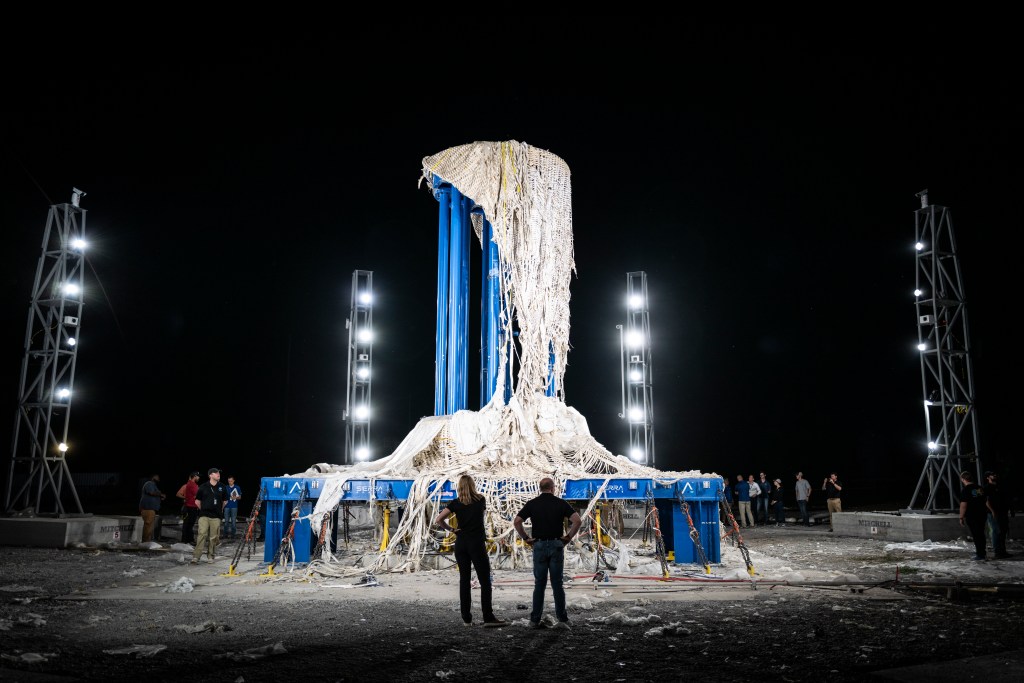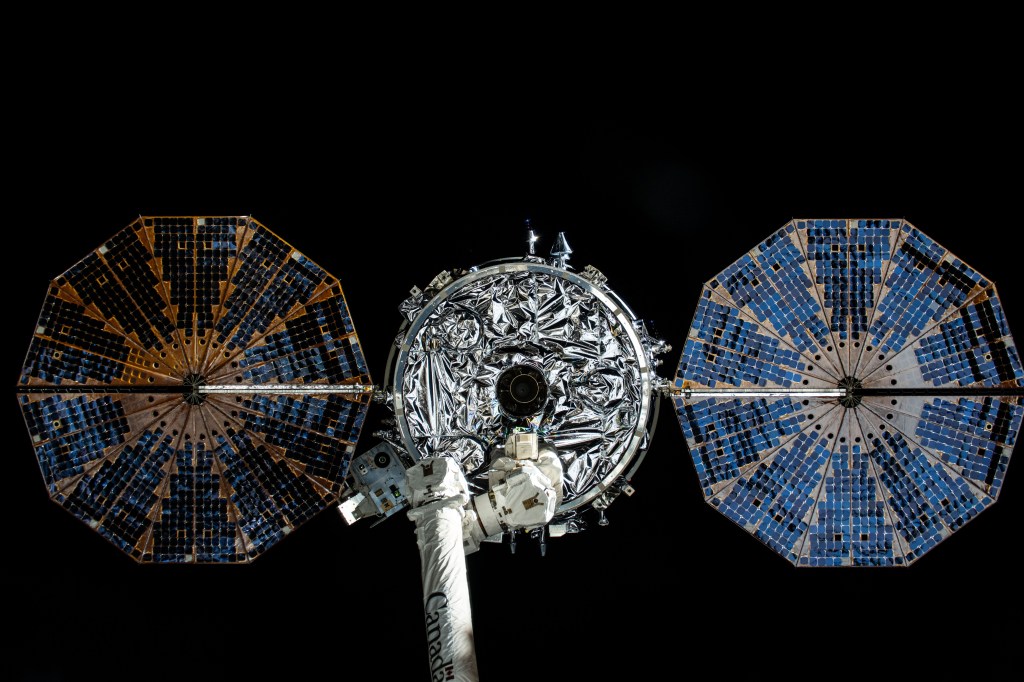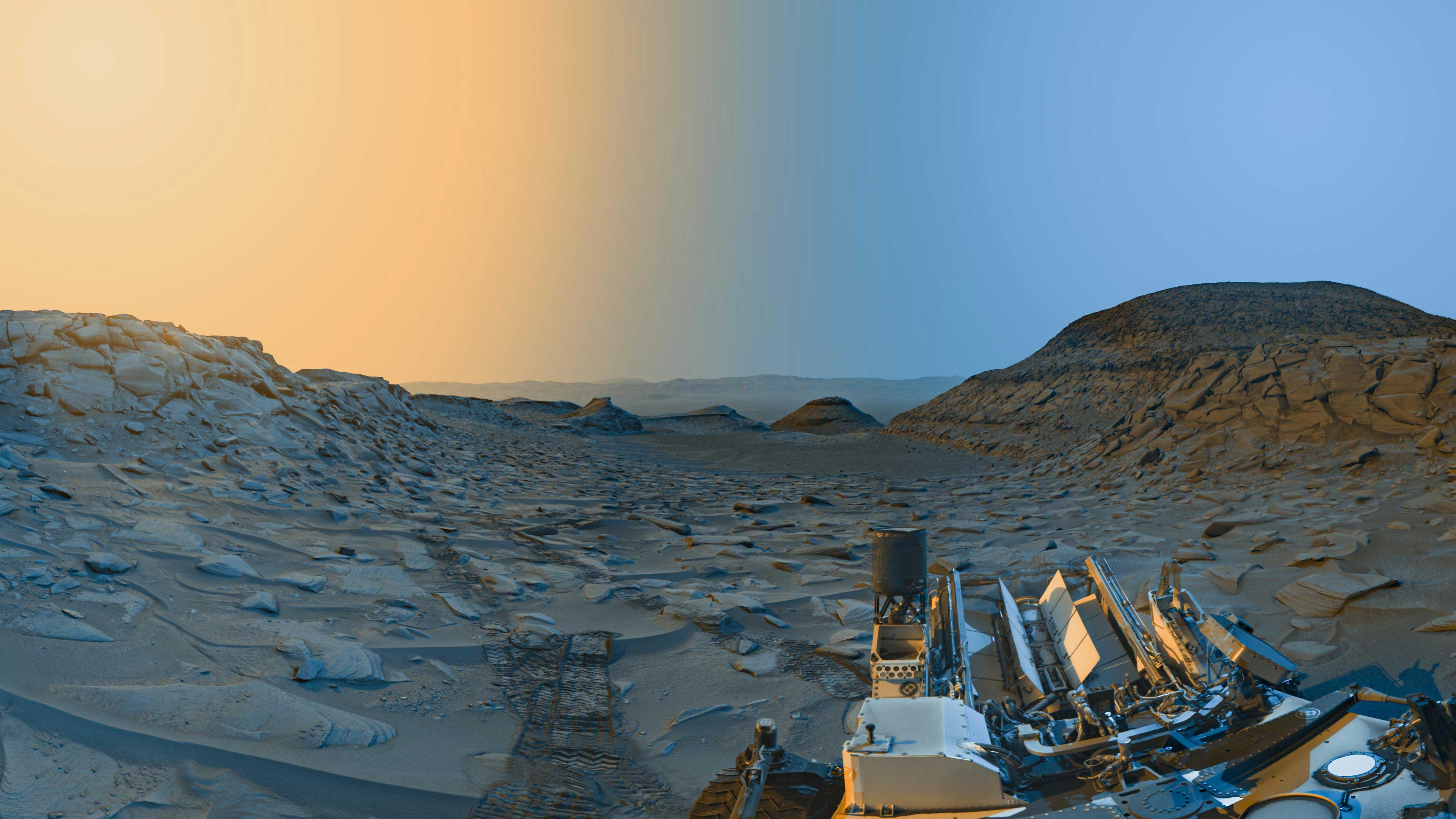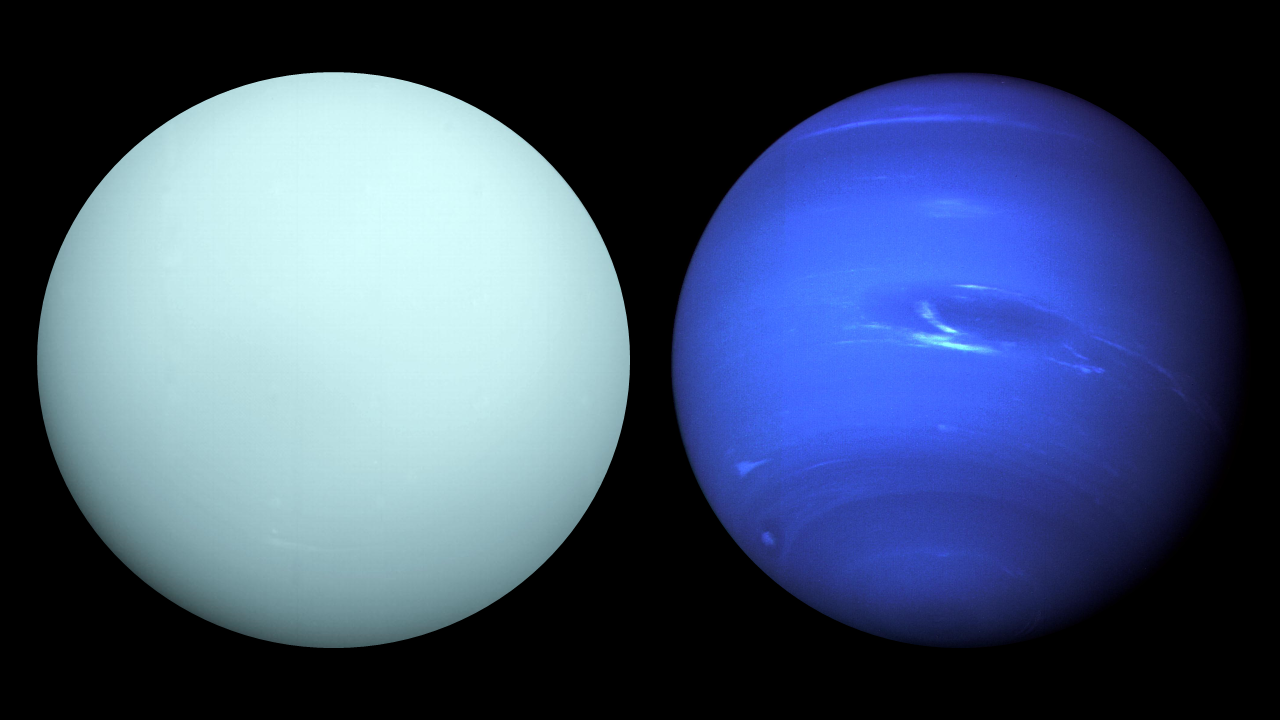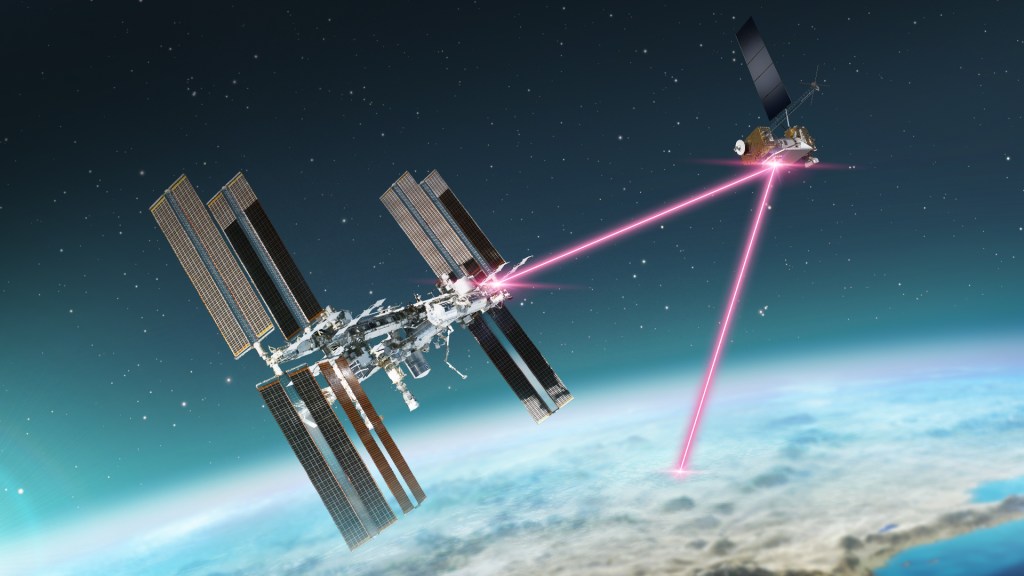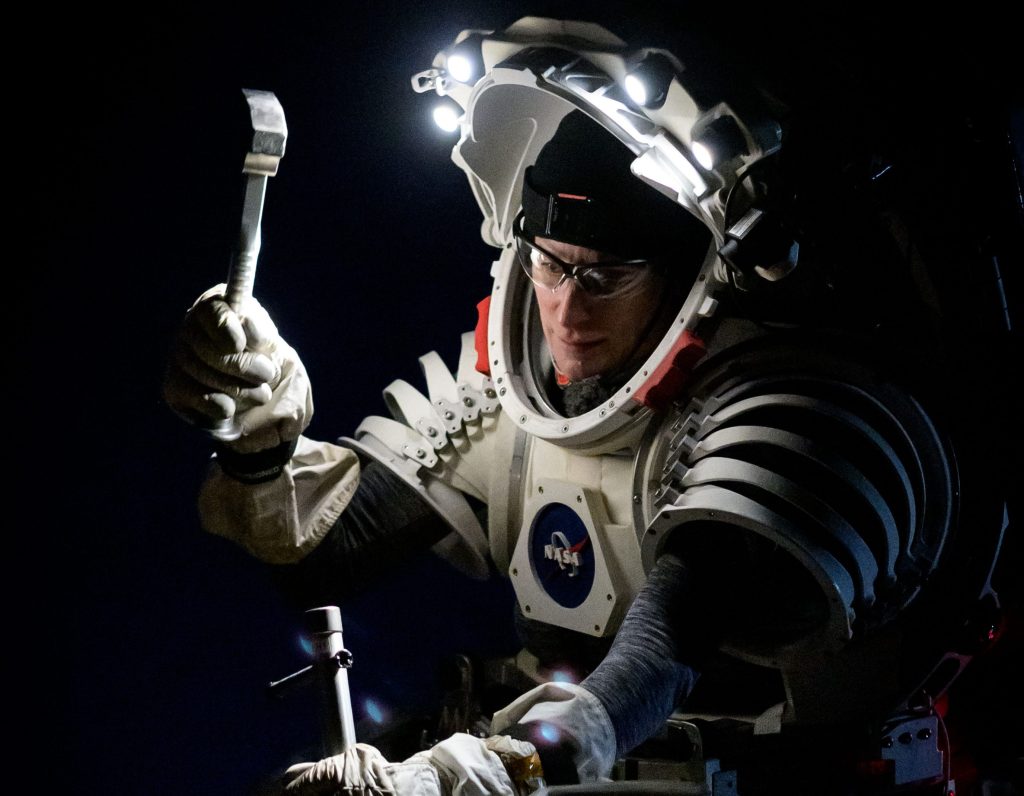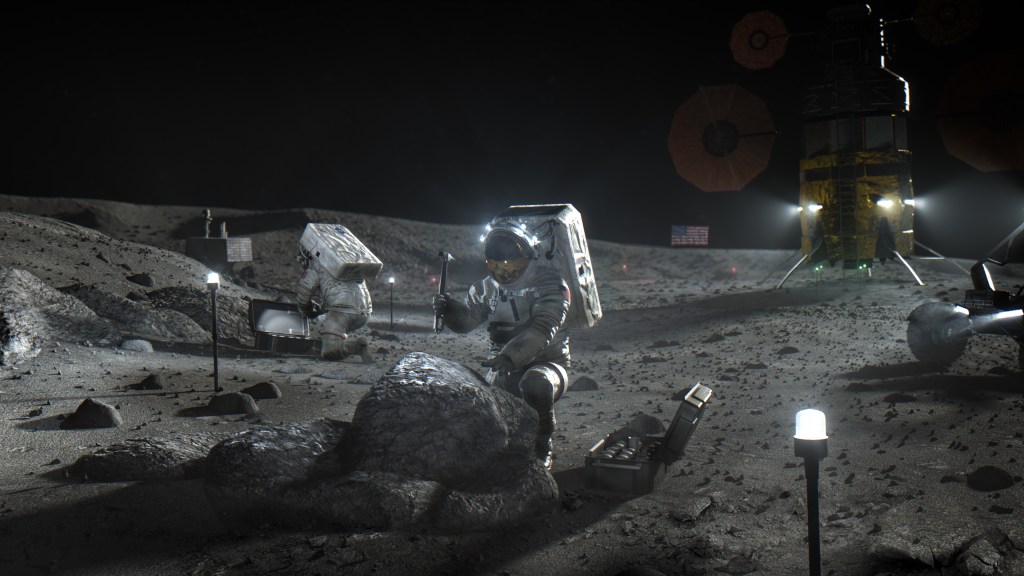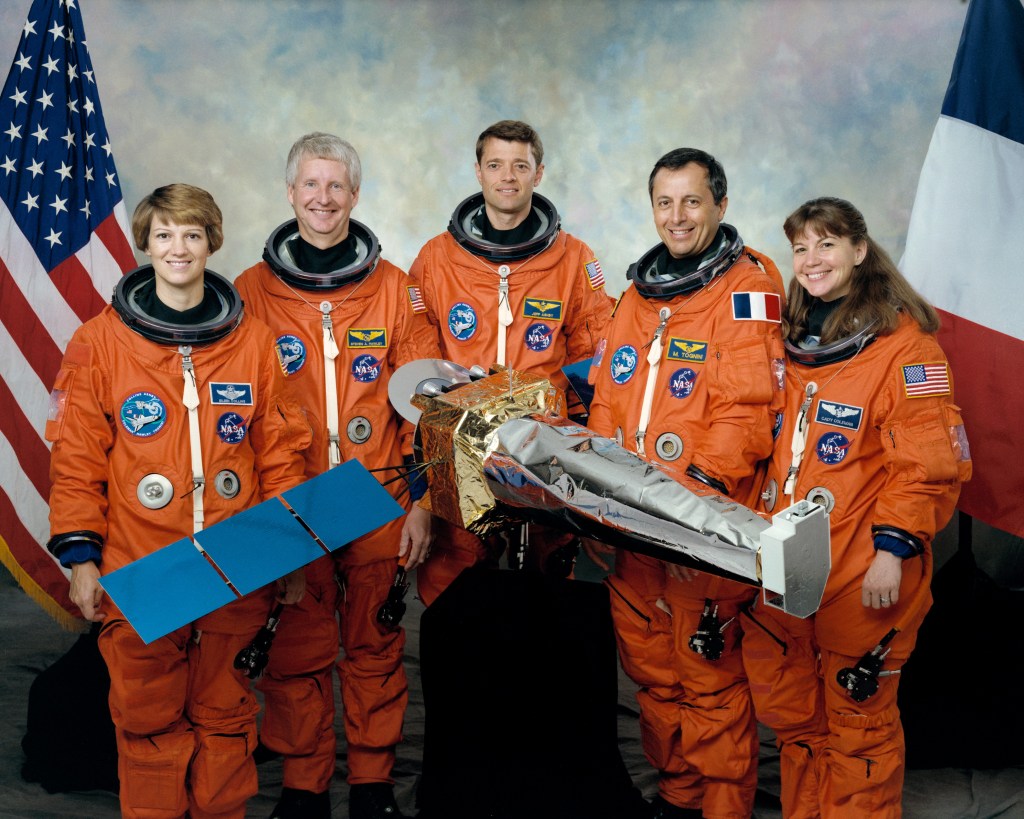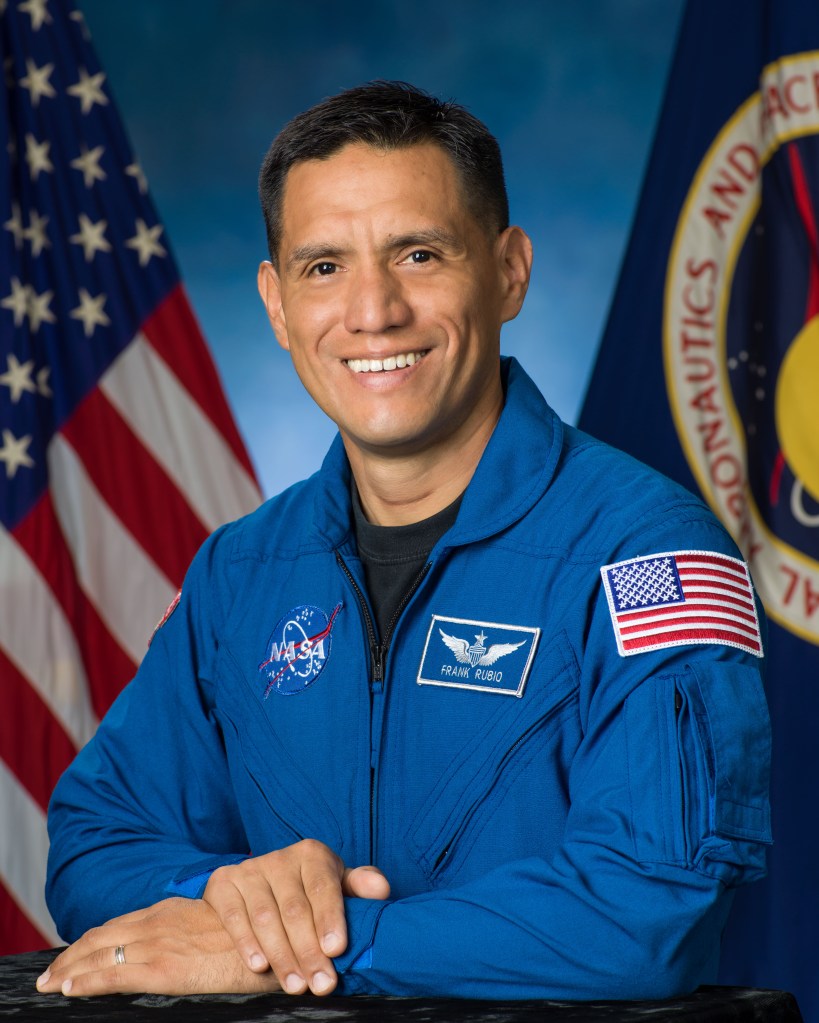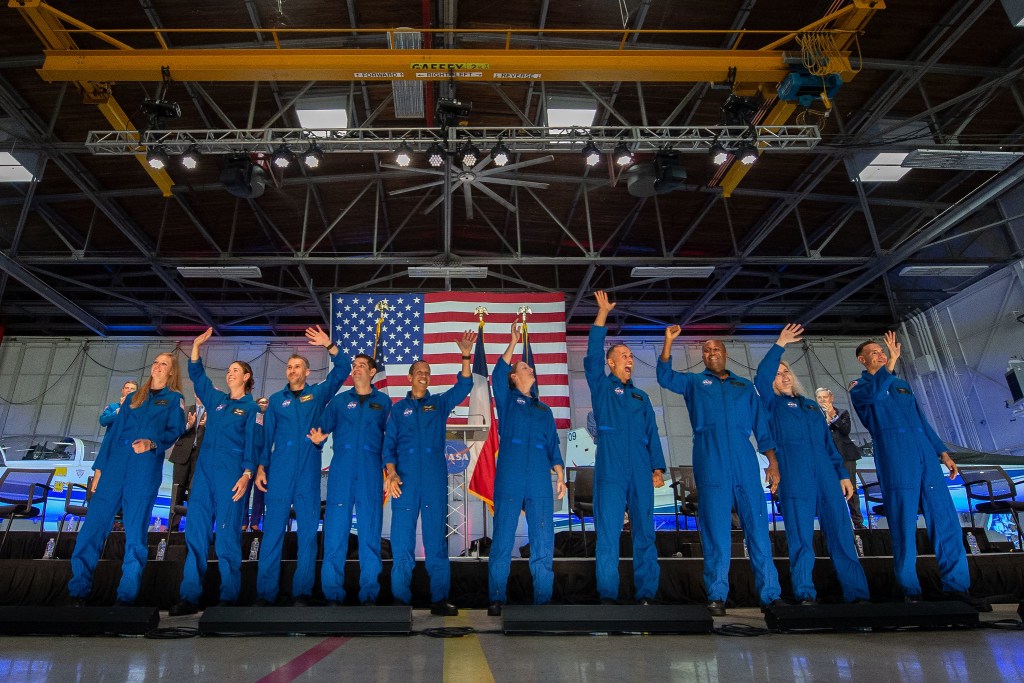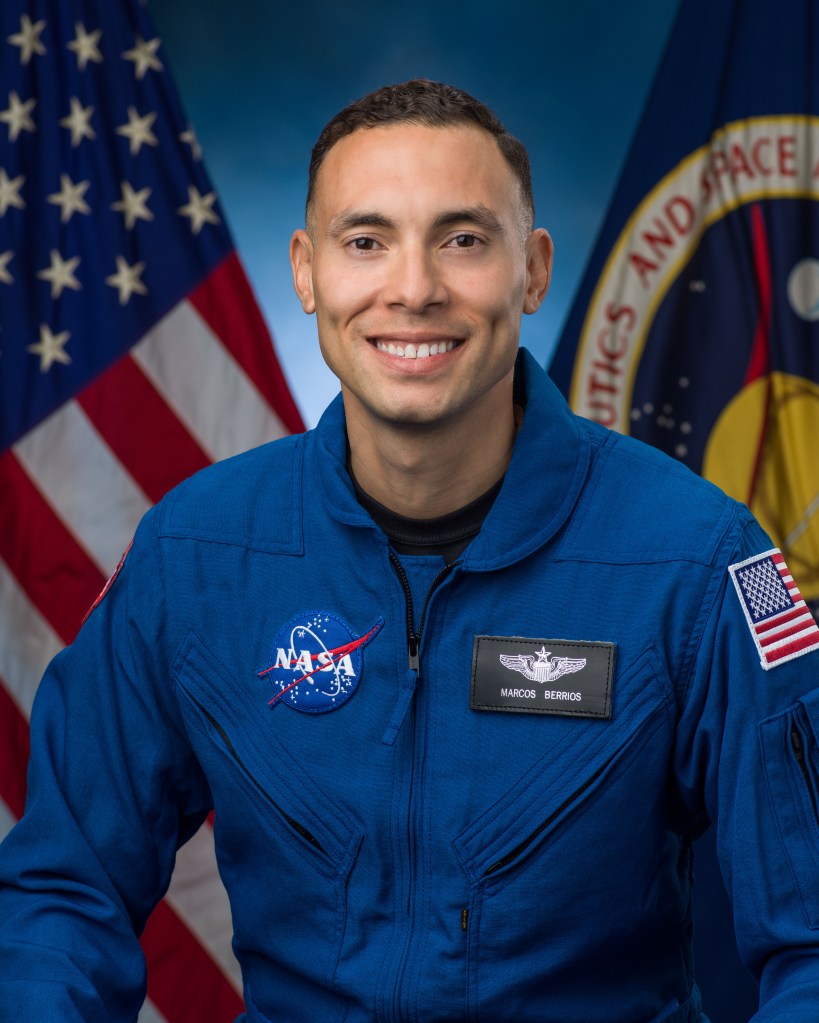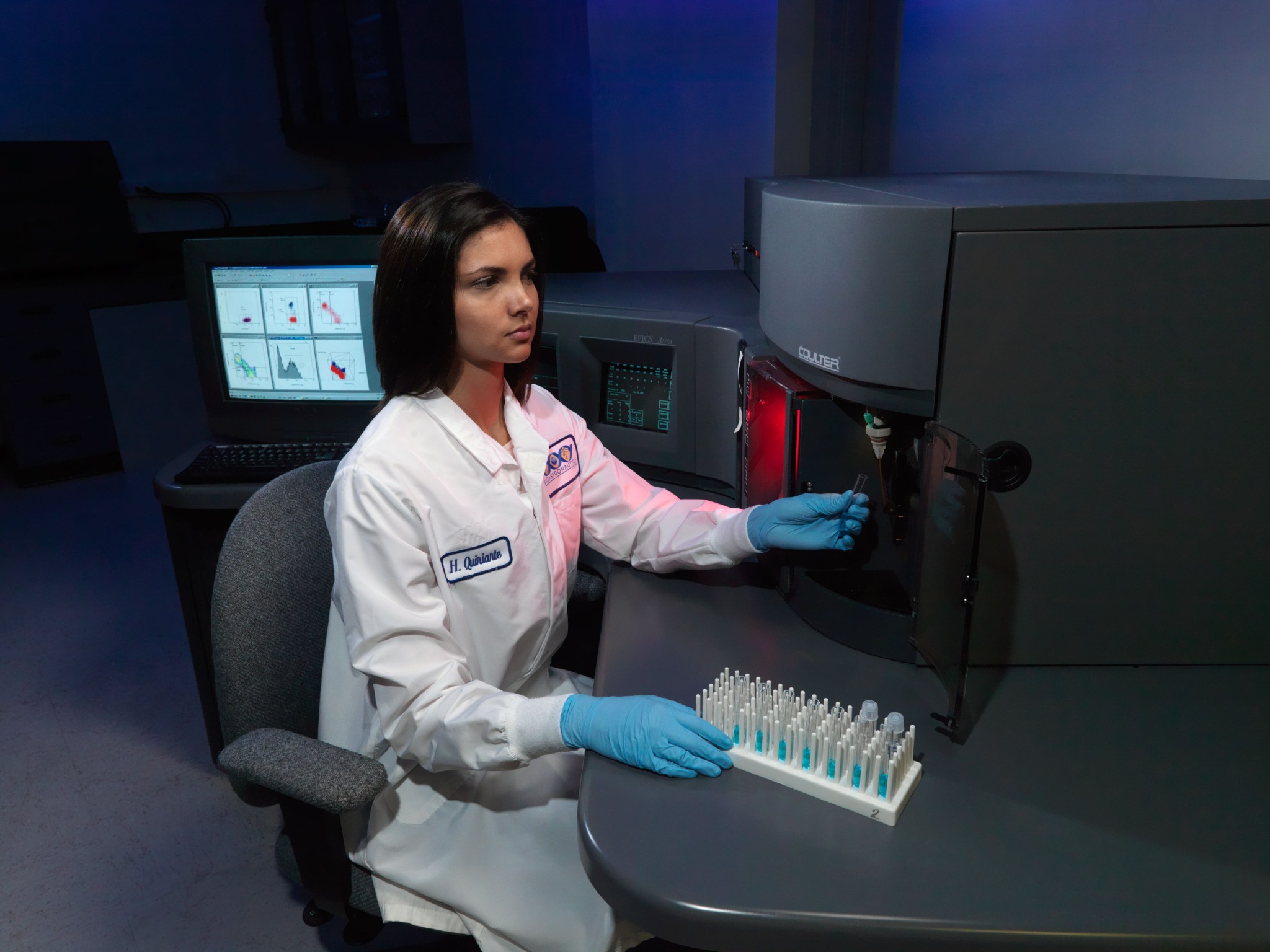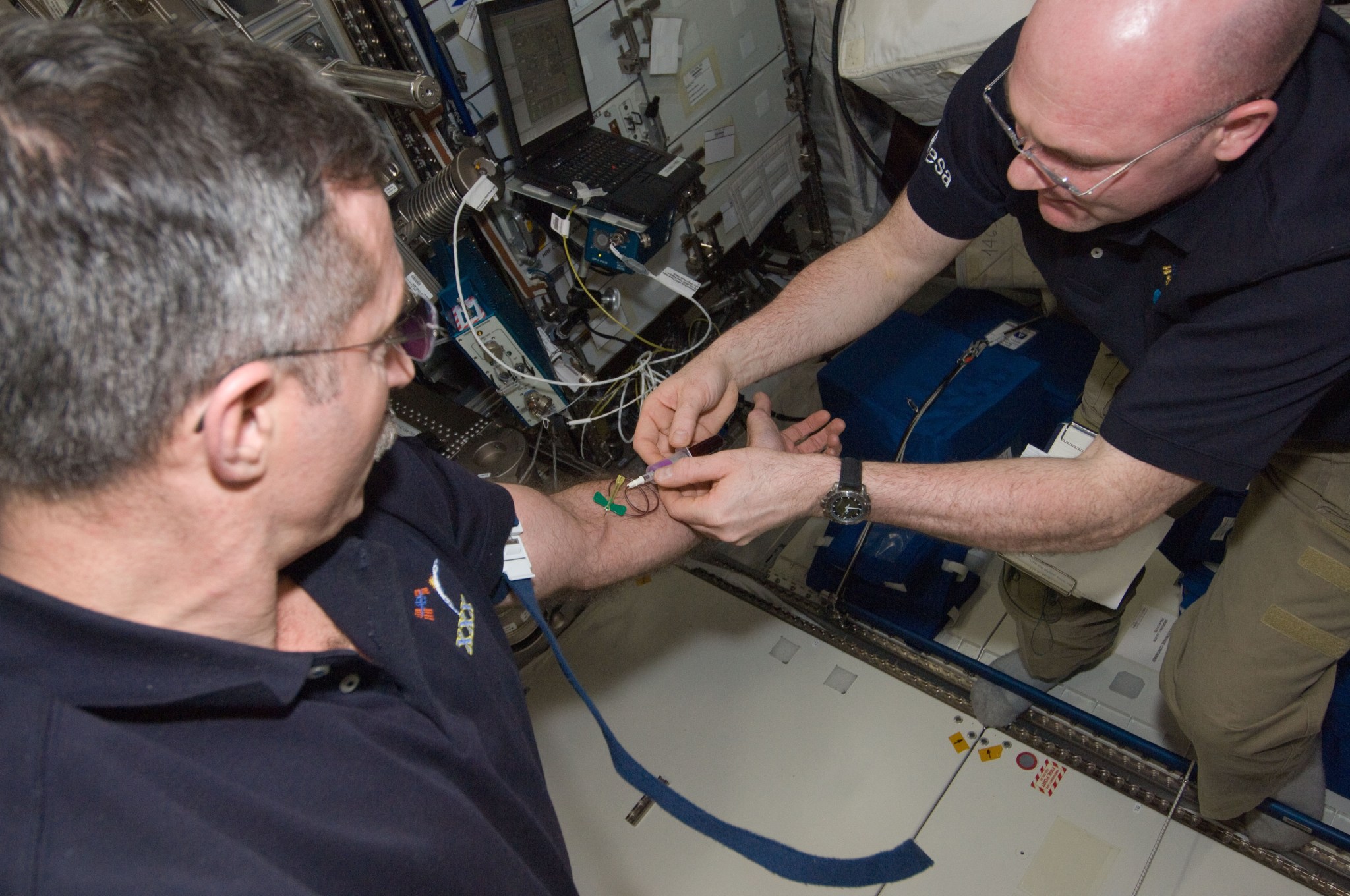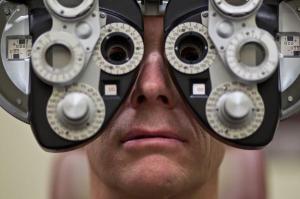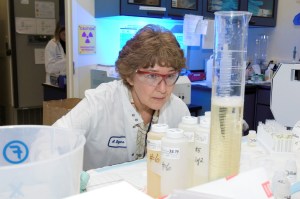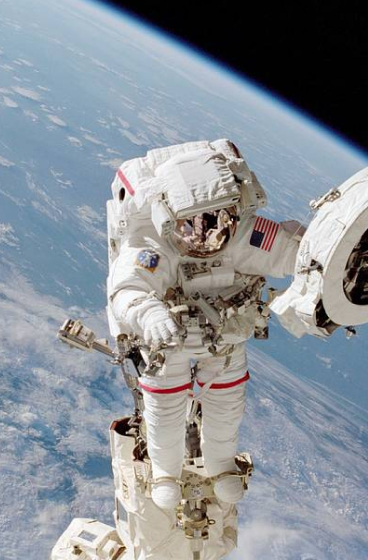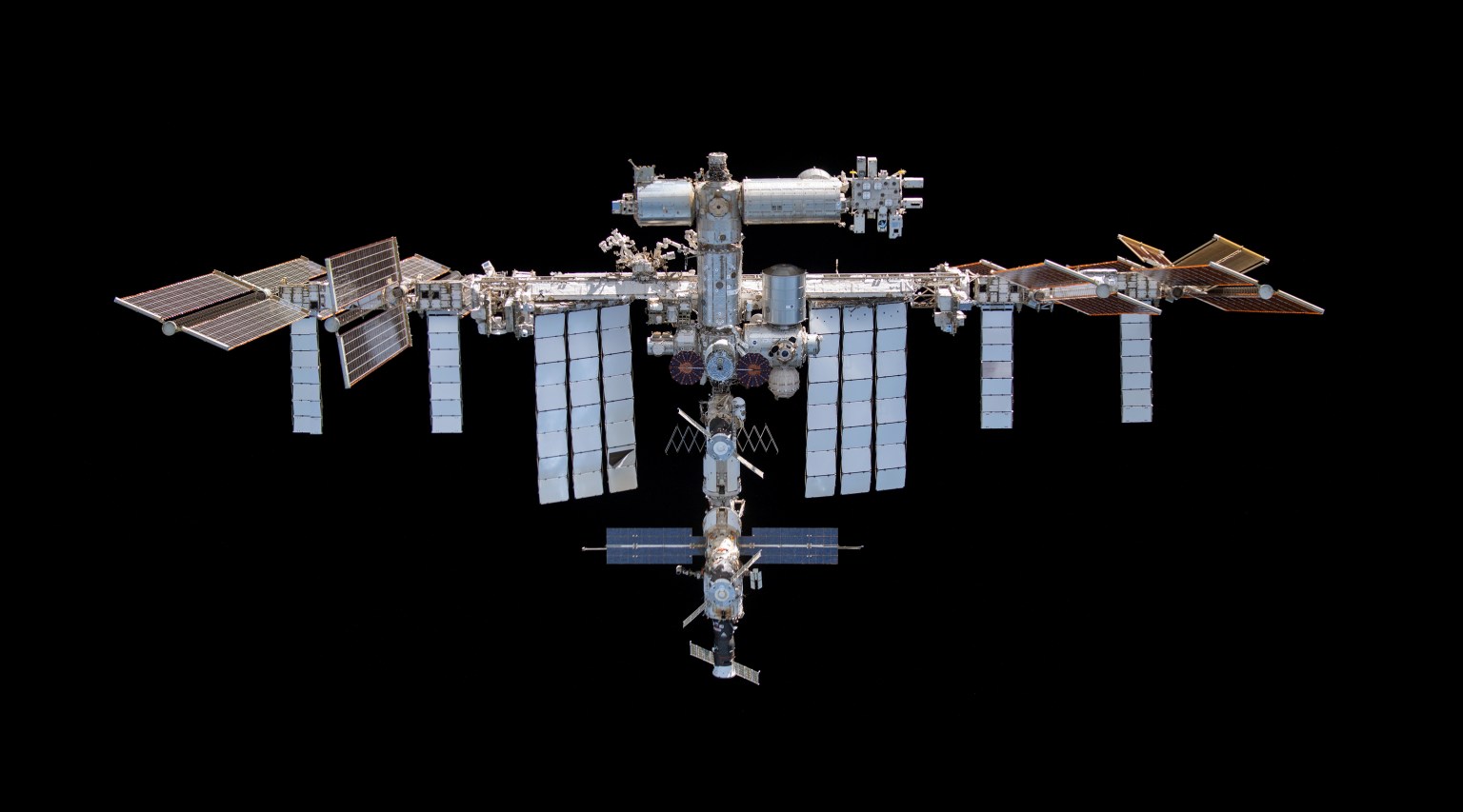Does Spaceflight Alter the Human Immune System?
Getting sick on Earth is nothing to sneeze at, but for astronauts on deep space exploration missions, the risk for contracting diseases may be elevated due to altered immunity. The Human Health and Performance Directorate’s Immunology/Virology Laboratory is ideally suited to study the effects of spaceflight on the immune system. When immune cells do not function properly, the immune system cannot respond properly to threats. This may increase susceptibility to infectious disease. Altered immunity can also lead to latent virus shedding, which is the “reawakening” of certain viruses we contract in our youth by which stay with us through adulthood. Reactivation of these viruses has been observed in some crewmembers. Conversely, when immune activity heightens, the immune system reacts excessively, resulting in things like allergy or persistent rashes, which also have been reported by some crewmembers during flight. Working in collaboration with the Human Research Program, the Immunology/Virology Laboratory is actively working to characterize the changes in astronauts’ immune system during spaceflight as well as developing countermeasures to help mitigate the clinical risks for astronauts during these missions to other planets, moons, or asteroids.
Understanding the Impact of Spaceflight on Human Immune Systems
Immunology/Virology Laboratory team supported studies conducted aboard the Space Shuttle and supports investigations currently performed aboard the ISS. For studies of astronauts, the laboratory validated a novel sampling strategy to return ambient live astronaut blood samples to Earth for comprehensive immunological testing and has developed several novel biomedical assays to evaluate immunity in humans. Results from a recent immunology investigation aboard the ISS called “Validation of Procedures for Monitoring Crewmember Immune Function” or “Integrated Immune”’ were published in the journal Nature Microgravity. The data confirms that ISS crews have alterations in both the number and function of certain types of immune cells and that these alterations persist for the duration of a 6-month spaceflight. Other data from the study published in the Journal of Interferon & Cytokine Research indicates that ISS crews have changes in their blood levels of specific immune proteins called ”cytokines” during flight which persist for the duration of a 6-month mission. The laboratory is currently preparing to support physiological monitoring of Artemis deep space astronauts via novel technology developed in-house.
Learning About Spaceflight While on Earth
The Immunology/Virology Laboratory also supports human investigations performed in Earth-based “space analog” situations. Such analogs are places where some specific conditions of spaceflight are replicated. Examples include undersea deployment, closed chamber isolation, or Antarctica winter over. Analog work may shed mechanistic light on the causes of alterations observed during flight or provide locations useful for the testing of countermeasures. The Immunology Laboratory recently supported a European Space Agency 2-year study performed at Concordia Station, Dome C, and Antarctica. Biomedical samples were collected, processed, and stabilized over the Antarctica winter by Concordia crewmembers, and preserved for shipment to NASA. The data revealed that Concordia crewmembers also experience unique patterns of immune dysregulation, some of which are like astronauts’ patterns. The laboratory also has supported recent studies in Antarctica at McMurdo Station, Neumayer III Station, and Palmer Station.
The Immunology/Virology Laboratory team also participates in ground-based investigations to determine the mechanistic reasons why certain types of immune cells do not function well during microgravity conditions. For these studies, a terrestrial “model” of microgravity cell culture is employed, referred to as “clinorotation.” Essentially, cell cultures are slowly rotated around a horizontal axis. During clinorotation, immune cells generally respond as they would during spaceflight.
Improving Life in Space and on Earth
To “connect the dots” between observed immune changes in astronauts and potential adverse clinical consequences, the Immunology/Virology Laboratory team may support Earth-based clinical investigations. These investigations consist of studies, conducted in collaboration with physicians, of defined patent populations. The same assays, which define immune changes in astronauts, may be applied to clinical patients and the data will help NASA scientists and flight surgeons interpret the flight information, in the context of clinical risk to astronauts. To date, the Immunology/Virology Laboratory team has supported a European clinical investigation of emergency room patients, and a Houston-based investigation of shingles patients.
The Immunology/Virology Laboratory team has developed, working with translational scientists all over the world, a potential countermeasure to improve immunity in deep-space astronauts. The protocol published in the Frontiers in Immunology consists of stress-relieving techniques, certain nutritional supplements, a prescription of aerobic and resistive exercise, certain medications, and monitoring. This protocol soon will be tested at Palmer Station, Antarctica, to be followed by a flight validation aboard ISS.
Our Facility, Technology, and Hardware
Immunologists and virologists comprise the core research staff of the laboratory and postdoctoral associates, visiting scientists, and graduate students routinely perform rotations of varying lengths in the laboratory. The laboratory currently possesses an array of sophisticated research equipment, including:
- Ten-, and Four-color Flow Cytometers
- 41-analyte capable Multiplex Analyzer
- Real-time Polymerase Chain Reaction System
- Fluorescent Microscopes
- Confocal Microscope
- Cell culture, including modeled-microgravity, facilities
In addition, we partner with the Bioanalytical Core Laboratory (BCL) to leverage equipment such as the environmental scanning electron microscope.
Points of Contact
Brian Crucian, PhD
Mayra Nelman-Gonzalez
Satish Mehta, PhD
Cruz P. Torres


